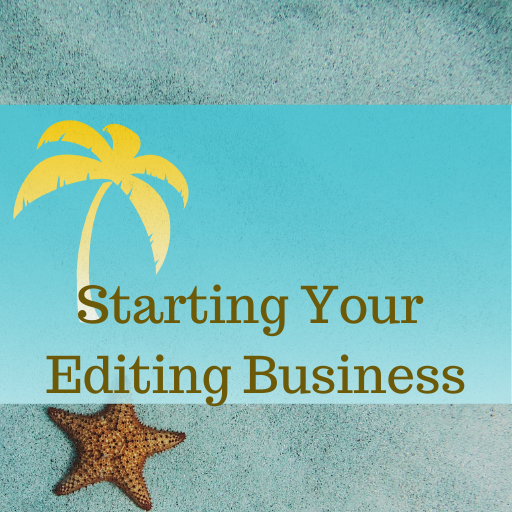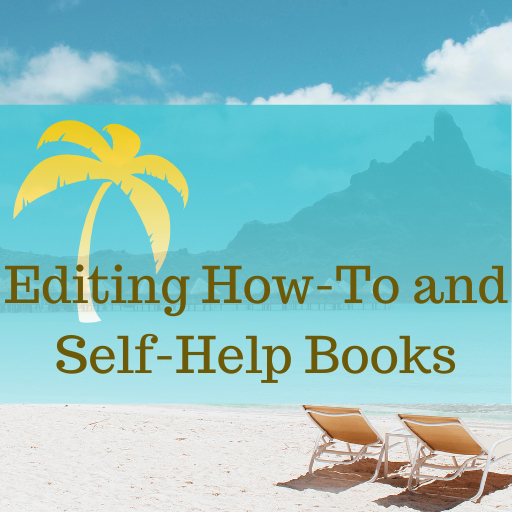Finding Clients as a Newer Editor
What are the secrets to finding clients as a newer editor? Here is my top tip and a few thoughts.
Ways to Find Clients as a Newer Editor
Established freelancers often describe a formula they think newer freelancers should follow to get more clients:
“Apply to every freelance gig you see! That’s all you need to do!”
“Add a profile to Upwork! That’s all you need to do!”
“Publish great content on LinkedIn! That’s all you need to do!”
It may be that applying/adding a profile/publishing great content is all the established freelancer had to do, but that does not mean it will work for everyone else.
They’ve got one data point and they generalize from it – a very basic error of reasoning.
When I first started freelance editing, I sent out a letter of introduction (LOI) to about fifty publishers. I immediately started getting assignments.
Does that mean that you, too, will immediately establish a lucrative freelance editing career just by sending out an LOI to fifty publishers?
No. No, it does not. I think it’s a great idea for you to send out those fifty LOIs if you want to work for publishers, but your results may be very different from mine. In fact, they probably will be very different from mine.
I often hear from freelancers who get all of their work from directory listings (for example, through an editing organization). I have NEVER, not once, gotten a job from a directory listing, despite my being listed in, oh, fifty directories over the years. NOT ONCE.
Does that mean you should never add your name to a directory? Of course not. Please go ahead. I hope you have better luck than I ever did.
As much as I wish I had a formula for you to follow, there isn’t any such thing. There are some strategies that are more likely to work than others (sending out LOIs versus not sending out LOIs) but that doesn’t mean they *will* work.
You may have to try a number of different things in order to get to the fully booked stage where you no doubt would like to be. To keep the overwhelm from, um, overwhelming you, start with one thing. See how it goes. Shift to another thing if the original one doesn’t produce the results you’d like.
When you’re first starting out, almost all of your time should be spent on marketing. But don’t think of this as just throwing spaghetti against the wall to see what sticks. Think of it as exploring the options to find the right fit for you: the thing that you do well, that you don’t hate doing, and that brings clients in. This is likely a combination of efforts, and it may take some time to figure out. And you may have to change it up from time to time.
I know it would be more reassuring if I just offered you a formula but if there’s one thing I know that doesn’t work, it’s a formula.
Tips for Editors & Writers
-
How to Create Defensible Edits
As a developmental editor, you need to know how to create defensible edits of a manuscript to help authors put out their best work. Tips for How to Create Defensible Edits When you’re doing a developmental edit—looking at the big-picture overview of a novel—you’ll generally be expected to provide two main services: The editing on…
-
When Is a Book Ready for Editing?
Both authors and editors have the same question at some point in the book writing / publishing process: When is a book ready for editing? So When IS a Book Ready for Editing? The creative process is not timely and linear, which is why, as an editor, I don’t book edits before an author’s manuscript…
-
Effective Client Communication for Book Editors
Managing client expectations is necessary for a successful business so here are my tips for effective client communication for book editors. My Top Tip for Effective Client Communication for Book Editors One way to avoid an unhappy client is to communicate all relevant information from the very beginning of your relationship with them. Clearly stated…
Join the Club!
New to story editing? Begin at the beginning.




